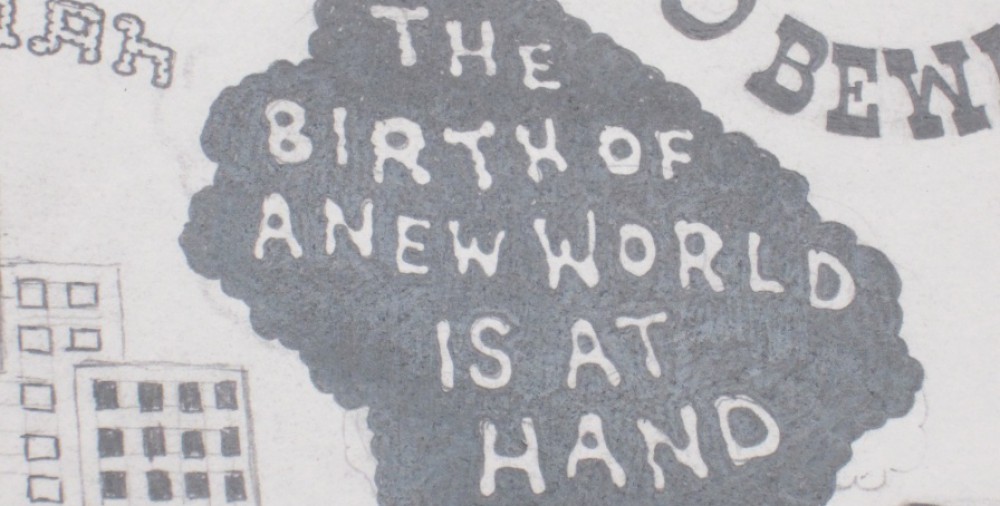First off, this story was far more interesting to read then the other two. Although it was quite long, I enjoyed reading it. The setting of the story takes place years and years into the future. After reading this story, it made me realize how much technology has really consumed our world. Today, we use our smartphones, or our computers to communication with others instead of doing so in person. In the story they used a machine to communicate with each other, which also controlled everything in their surrounds.
In the first section of the story The Air Ship, the character Vashti is called upon by her son Kuno through the machine. He wishes to see her in person and not through the machine. “You mustn’t say anything against the Machine”(pg2), said his mother. Kuno stated, “You talk as if a god had made the Machine. I believe you pray to it when you are unhappy. The Machine is much, but it is not everything”(pg2). In the story the people had become so depended on the machine, which they began to worship. Kuno believes that his mother is one of them.
Kuno’s character comes off as hopeful in humanity. He believes what he wants to believe. He’s adventurous and open minded. As for his mother Vashti, she comes off as a follower. She sticks to what she is told is right, not what she feels. She comes off as arrogant as if she knows everything because of the book.
The Machine seems to control everything from their thoughts, surrounds, their society and to their actions. “Each infant was examined at birth, and all who promised undue strength were destroyed” (pg11). It seems to me that the Machine didn’t want anyone to be stronger than it. The Machine wanted to have and keep control of the people.
In the second section of the story The Mending Apparatus, Kuno is explaining to his mother his journey to the surface of the earth. He stats “cannot you see, that it is we that are dying, and that down here the only thing that really lives is the Machine? We created the Machine, to do our will, but we cannot make it do our will now” (pg15). The people of this time created the machine to make their lives easier, but over time the machine grew more power and wanted to rule the people.

 . In
. In


